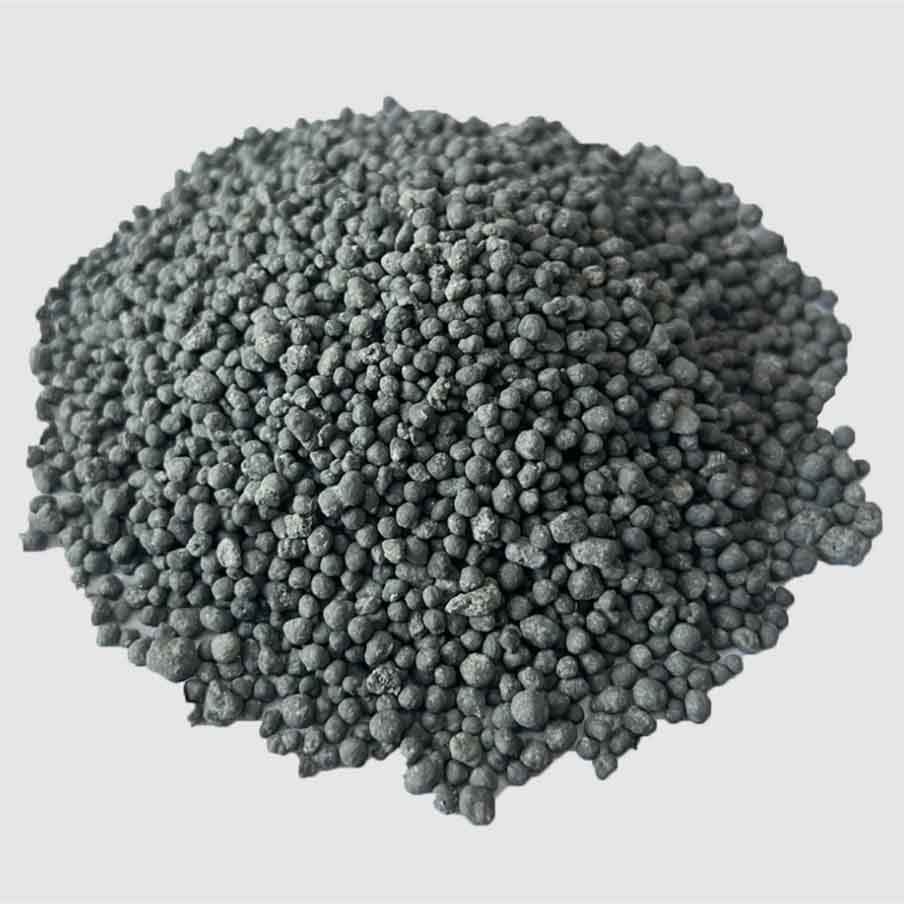
Nov . 06, 2024 17:56 Back to list
Ammonium Sulfate Production Facilities and Their Environmental Impact Analysis
The Role of Ammonium Sulphate Factories in Modern Agriculture
Ammonium sulphate, a chemical compound commonly used as a fertilizer, plays a vital role in modern agriculture. As the world strives to meet the demands of a growing population, the importance of efficient fertilizer production has never been clearer. Ammonium sulphate factories represent a critical link in the agricultural supply chain, providing farmers with an effective means of enhancing soil fertility and crop yields.
Understanding Ammonium Sulphate
Ammonium sulphate, with the chemical formula (NH4)2SO4, is an inorganic salt that contains 21% nitrogen and 24% sulfur. These two elements are essential for plant growth; nitrogen promotes vigorous plant development while sulfur is crucial for the synthesis of amino acids and proteins. The compound is highly soluble in water, making it readily available for uptake by plants.
The production of ammonium sulphate typically involves a chemical reaction between ammonia and sulfuric acid. This process is not only efficient but also environmentally favorable, especially when the ammonia is sourced from other industrial processes, such as the Haber-Bosch process. By utilizing by-products from other industries, ammonium sulphate factories can minimize waste and enhance sustainability.
Economic Impact of Ammonium Sulphate Factories
Ammonium sulphate factories contribute significantly to the economy by providing jobs, stimulating local economies, and supporting the agricultural sector
. These factories operate in various regions around the world, often located near agricultural hubs where demand for fertilizers is high.ammonium sulphate factories

In addition to direct employment opportunities, the presence of an ammonium sulphate factory can invigorate local businesses. Nearby suppliers of raw materials, transportation services, and maintenance providers often benefit from the increased economic activity generated by fertilizer production. Moreover, agricultural yields can increase significantly with the use of ammonium sulphate, leading to greater food production and farmer profitability.
Environmental Considerations
While ammonium sulphate is beneficial for crops, the operations of ammonium sulphate factories are not without environmental concerns. The manufacturing process can produce greenhouse gases and other pollutants. However, advancements in technology and stricter environmental regulations are driving these factories towards cleaner production techniques. Many manufacturers are now focusing on reducing emissions and improving energy efficiency.
Sustainable practices also include the recycling of waste products and the use of renewable energy sources in the production process. The development of closed-loop systems, where waste is reused within the production cycle, is an emerging trend that helps minimize the environmental footprint of ammonium sulphate manufacturing.
Conclusion
Ammonium sulphate factories hold a crucial position in the intersection of agriculture and industry. They provide essential nutrients that enhance crop growth, thus supporting global food security. As the demand for fertilizers continues to rise, the efficiency and sustainability of ammonium sulphate production will be paramount.
The future of ammonium sulphate factories lies in their ability to adapt to the challenges of climate change and environmental sustainability, while still meeting the needs of farmers and the agricultural sector. With industry advancements aimed at reducing environmental impacts and increasing efficiency, ammonium sulphate factories can continue to thrive as indispensable partners in global agriculture. As we look to the future, the role of these factories will be essential not only for boosting agricultural productivity but also for promoting sustainable practices that safeguard our planet for generations to come.
-
10 10 10 Fertilizer Organic—Balanced NPK for All Plants
NewsJul.30,2025
-
Premium 10 10 10 Fertilizer Organic for Balanced Plant Growth
NewsJul.29,2025
-
Premium 10 10 10 Fertilizer Organic for Balanced Plant Growth
NewsJul.29,2025
-
Premium 10 10 10 Fertilizer Organic for Balanced Plant Growth
NewsJul.29,2025
-
50 Pound Bags of 13-13-13 Fertilizer for All Plants – Bulk & Organic Options
NewsJul.28,2025
-
High-Efficiency 15-30-15 Granular Fertilizer for Healthy Crops
NewsJul.28,2025
